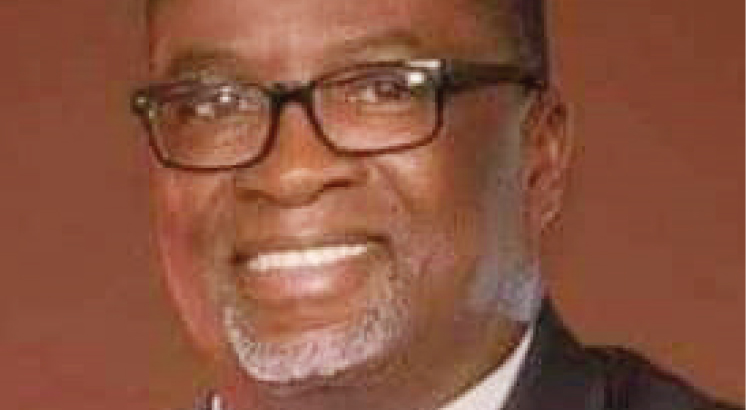Escom dying, says its CEO
Electricity Supply Corporation of Malawi (Escom) chief executive officer Kamkwamba Kumwenda said yesterday the utility is on its death bed, with piles of losses set to take its last breath.
Kumwenda has since asked the Malawi Energy Regulatory Authority (Mera) to consider increases in electricity tariffs if the power utility is to survive.
Speaking during a press conference in Blantyre yesterday, Kumwenda said the company has cumulatively lost K112 billion since its unbundling in 2018 and for it to turn around its fortunes, it has to revise tariffs.

He said: “Escom is dying. The choice is ours, either we close Escom or increase tariffs.
“We buy electricity from power producers at K140 per kilowatt per hour [kWh], but we sell it at K104 kWh. In addition, independent power producers [IPP] charge us in dollars yet we charge our customers in kwacha.
“Since we are still using the 2018-2022 Base Tariff Schedule, we are making significant losses aggravated by the devaluation of the kwacha.”
Kumwenda said since Mera regulates the tariffs, there is need for the authority to lobby Parliament to consider an upward adjustment so that operations are not grounded.
Commenting on remarks, the Parliamentary Committee on Natural Resources and Climate Change chairperson Werani Chilenga made in Parliament on the Aggreko deal on Monday, Kumwenda said the House must find ways of helping Escom.
Kumwenda said removing the three percent Aggreko tariff will make them sell electricity at K101 per kilowatt, thereby further crippling Escom’s operations.
Escom signed a deal with Aggreko to supply 78 megawatts to the national grid. Following the deal, Escom passed on the cost to the consumer by charging an additional three percent.
Despite terminating the contract in April this year, consumers are still being charged the three percent that Escom had applied for following the deal, which translates to K1 billion monthly.
In an earlier interview, Chilenga condemned the development, wondering why Malawians are paying Escom for a non-existent contract.
But in an interview yesterday, energy analyst Grain Malunga, who is also former minister of Energy, backed Escom on the need to increase tariffs, saying that is the only way the utility can serve Malawians well.
“Escom is in an unfortunate position. Government, being its main shareholder is ready to lose just because it wants to serve the people. If operations are to be sustained, hiking tariffs is the way to go,” he said.
Under the 2018-2022 Escom Base Tariff Schedule, Mera in October 2018 approved a 31.8 percent base tariff for the four-year period.
The implementation of the base tariff was segmented into four annual tranches of 20 percent, 7.2 percent, negative three percent and 10 percent tariff adjustments for the first, second, third and fourth years in that order.





